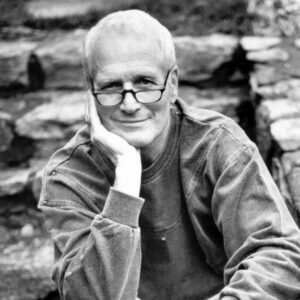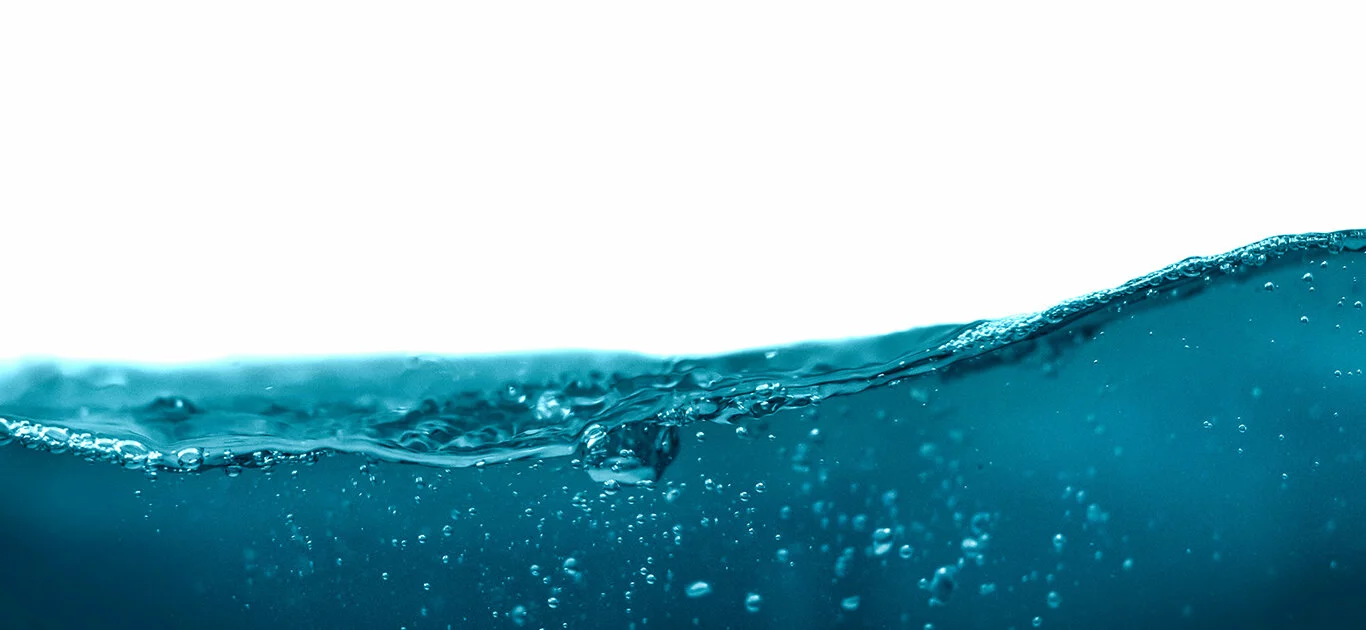

Co-founded in 2006 by the late actor and philanthropist Paul Newman and former Goldman Sachs chairman John Whitehead, Safe Water Network was created to address the pressing global challenge of water. Despite coming from vastly different worlds, Newman and Whitehead transformed the philanthropic landscape. First, they established CECP, a pioneering corporate social responsibility alliance, and a few years later, Safe Water Network. Josh Weston, former Chairman of ADP, was also a co-founder and has remained an active leader in the organization.
Paul Newman, in an interview with “Film Monthly” published in 2002.
Paul Newman recognized the power of applying business practices to non-profits. Safe Water Network was built on values of compassion, transparency, and accountability, with a strong commitment to impact measurement through KPIs and expert-driven benchmarks.
The organization’s mission is to empower underserved communities to own and manage safe water stations. With offices in Accra, Ghana, and New Delhi, India, Safe Water Network developed a scalable and sustainable model adaptable to local needs.
Through partnerships, collaboration, and best practices, including protocols established with United Laboratories, Safe Water Network trained operators to consistently meet national water standards. This approach has been adopted by governments and other implementers.
Over the years, the organization expanded its reach through technical assistance, advocacy, and sector engagement. Although Paul passed away in 2008 and John in 2012, their founding principles continue to guide Safe Water Network, now recognized as a leader in the safe water enterprise model.
Since its founding, Safe Water Network has worked to overcome the challenges faced by communities in developing economies with restricted access to safe water. Preliminary research identified critical gaps in service delivery: unreliable operations, financial unsustainability, poor quality water, and inequitable access. Our innovative original idea was to restore agency to communities through access to safe water, education, and capacity building. We believe deeply in the potential of communities to sustainably manage their own safe water systems.
We chose to begin our field implementation work in Ghana and India because of the enabling environments in both countries, including an openness to foreign investment, stable democracy and civil society, and a common language base. Starting and growing this work was possible through strong in-country teams of experts collaborating with a network of public and private partners. Through Field Implementation, Technical Assistance, and Sector Engagement, Safe Water Network is committed to providing the resources and practices that ensure millions of people in Ghana, India and globally have access to safe water.

Founded by Paul Newman, John Whitehead, and other civic leaders.
Launched the first Safe Water Stations in Ghana and India.
Installed our first Safe Water Station remote monitoring system.
Implemented a community water system in Kibera, Kenya in partnership with Shining Hope for Communities (Shofco).
Conducted a review of the market potential for small water enterprises in Kenya with World Bank group member, the International Finance Corporation.
Launched iJal Women’s Empowerment Program in India.
Provided policy recommendations on bringing tap water to every home to the national Ministry of Drinking Water & Sanitation in India.
Launched Technical Assistance project supporting the state Government of Karnataka in India to improve performance of 18,000 water purification systems for 20 million people.
Partnered with USAID on the Sustainable Enterprises for Water and Health (SEWAH) project, bringing together private and public sector actors to address safe water access in urban areas of India.
Implemented our first community-wide piped connections program in
Nobewam, Ghana, with more than 90% of families accessing safe water at home.
Kept safe water flowing in Ghana and India throughout the pandemic by implementing safe-distance protocols, issuing PPE and also introducing contactless payment systems
Introduced Integrated Water Resource Management in India including Pond Rejuvenation, further work on Household Connections took place in Ghana.
Introduced school WASH programs in India and expanded the Household Connection program in Ghana to include health clinics, businesses and schools.
Chris Williams becomes Safe Water Network as its new CEO. SWN Ghana becomes the country’s 3rd largest water utility. SWN India continues to work closely with the government.
